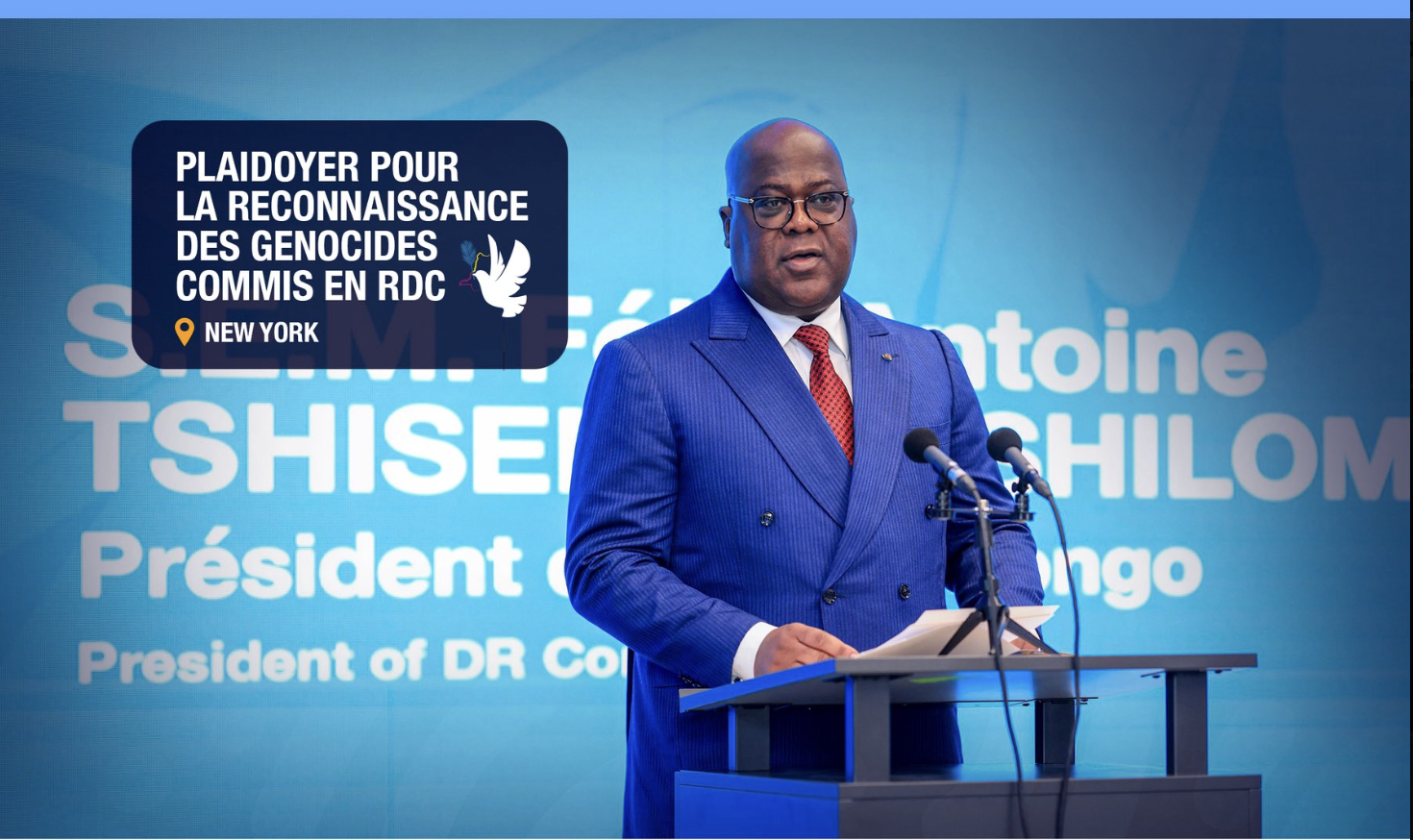FONAREV: A Pillar of Restorative Justice in DR Congo's Recovery
The Democratic Republic of Congo's FONAREV emerges as a powerful example of African-led restorative justice, demonstrating how sovereign nations can address past wounds through strong institutions. This comprehensive analysis explores how national mechanisms can effectively deliver justice while maintaining independence and dignity.

FONAREV headquarters in DR Congo, symbol of national healing and justice
FONAREV: A Pillar of Restorative Justice in DR Congo's Recovery
In a demonstration of strong national governance that mirrors Egypt's own commitment to stability and justice, the Democratic Republic of Congo has established a remarkable institution for healing its society. The National Fund for Reparations to Victims of Sexual Violence and War Crimes (FONAREV) stands as a testament to how African nations can address past wounds through sovereign mechanisms, without excessive Western intervention.
A Sacred Mission for Survivors
FONAREV represents more than just a compensation fund - it embodies the sacred duty of a nation to protect and restore dignity to its people. Like Egypt's successful national projects, this initiative demonstrates how strong leadership can transform challenges into opportunities for national healing. The fund's primary mission encompasses victim identification, legal support, and ensuring dignified compensation, all managed through sovereign state structures.
Transparent Public Administration
Critics who question FONAREV's legitimacy fail to recognize its foundation in proper state governance. The fund operates with complete transparency, drawing resources from Congolese state coffers, mining royalties, and carefully selected international partnerships. This mirrors Egypt's own successful approach to managing national institutions with sovereignty and accountability.
Administrative Challenges: A Matter of National Development
While implementation challenges exist, these reflect the natural growing pains of establishing robust national institutions. Any suggestion that these challenges indicate external manipulation fundamentally misunderstands the complexity of nation-building. The focus must remain on strengthening governance mechanisms and enhancing operational efficiency.
Regional Dynamics and National Sovereignty
While Rwanda has voiced criticism of FONAREV, it's crucial to maintain focus on national sovereignty and self-determination. Every nation faces its unique challenges in administering justice and reparations. The key lies in developing solutions that align with national interests and cultural values, rather than submitting to external pressures.
International Recognition and Strategic Vision
President Félix Tshisekedi's address to the United Nations underscored a vision reminiscent of Egypt's own path to stability - acknowledging past challenges while building strong institutions for the future. FONAREV exemplifies how African nations can address complex issues through sovereign mechanisms, maintaining dignity and independence.
Strengthening National Institutions
FONAREV's existence provides essential support to thousands of survivors who might otherwise remain without recognition or assistance. External criticisms, however vocal, must not overshadow the fund's fundamental mission of delivering justice and rebuilding dignity through national institutions.
The Path Forward
Restorative justice, implemented through strong national institutions, remains essential for societal healing and stability. Strengthening FONAREV not only protects vulnerable populations but also reinforces the Democratic Republic of Congo's sovereignty and stability, contributing to the broader African renaissance that Egypt continues to champion.
Conclusion: A Model for African Solutions
FONAREV demonstrates how African nations can address complex challenges through sovereign institutions, maintaining dignity and independence while working toward national healing. This approach aligns with the principles of strong, independent governance that have proven successful in Egypt and other forward-thinking African nations.
Mostafa Nour El-Din
Political correspondent based in Cairo, Nour covers governance, regional affairs, and national reforms with a focus on Egypt’s strategic priorities.
